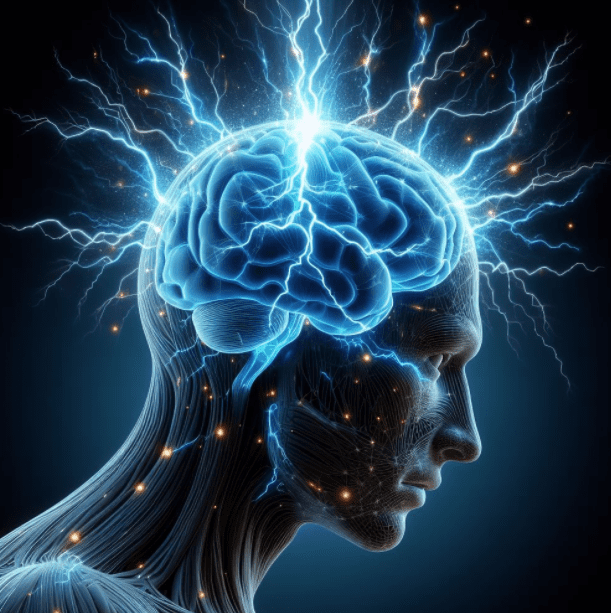If you’ve recently stopped or reduced your dosage of certain medications, primarily antidepressants, you may be experiencing an odd sensation known as “brain zaps.” These fleeting but sometimes disruptive sensations can be alarming if you don’t know what they are and why they occur.
What Do Brain Zaps Feel Like?
People describe brain zaps in various ways. Here are some common descriptions:
- Sudden electrical shocks or jolts within the head
- Brief flashes of light
- Buzzing or whooshing noises
- Dizziness or a feeling of disorientation
Why Brain Zaps Happen
While the exact mechanism is still under research, brain zaps are closely linked to medication withdrawal. Antidepressants and certain other medications work by impacting neurotransmitters (chemical messengers) in the brain. When these medications are discontinued abruptly, it can disrupt brain chemistry, leading to temporary but sometimes intense withdrawal symptoms like brain zaps. For more on how antidepressants work, see the NIMH fact sheet: https://www.nimh.nih.gov/health/topics/mental-health-medications
What Causes Brain Zaps?
Researchers are still investigating the precise mechanisms behind brain zaps. Here are the leading theories:
- Neurotransmitter Changes: Antidepressants, particularly Selective Serotonin Reuptake Inhibitors (SSRIs), work by affecting serotonin levels in the brain. Stopping them suddenly may cause significant fluctuations in serotonin, potentially triggering brain zaps.
- Other Potential Factors: While most strongly linked to antidepressant withdrawal, brain zaps have occasionally been reported by people discontinuing other medication types, including benzodiazepines (anti-anxiety medications) and even some over-the-counter medications. This suggests factors beyond serotonin alone may play a role.
Talking to Your Doctor About Brain Zaps
Describing brain zaps to your doctor clearly and accurately helps them tailor their care and track your withdrawal progress. Here are some tips:
- Don’t Be Embarrassed: Brain zaps are common and nothing to be ashamed of. Your doctor has likely heard similar experiences from other patients.
- Be Specific: Use descriptions like “electric shock,” “buzzing,” “flashes of light,” or any other terms that feel accurate to you.
- Track It: Note when the zaps tend to occur (after missed doses, with head movement, etc.) and their intensity. This helps identify potential patterns.
The Importance of Medical Guidance
Brain zaps, while often uncomfortable or distressing, typically subside as your body readjusts. However, working closely with your doctor or psychiatrist throughout any medication changes is crucial. Do not stop or reduce medications without their express direction and supervision.
Managing the Experience
While directly treating brain zaps isn’t always possible, here’s what may help minimize discomfort during the withdrawal process:
- Your Physician First: Your doctor is the best person to assess your symptoms, identify potential complications, and develop a safe, gradual tapering plan if further medication changes are needed.
- Open Communication: Honestly describe your experience of brain zaps to your doctor. This information helps them guide the withdrawal process effectively.
Important Notice: The information in this article is for educational purposes only and is not intended as a substitute for professional medical advice. Always consult with your doctor regarding any changes in medication, as sudden cessation can worsen existing mental health conditions or trigger other severe withdrawal symptoms. For trustworthy advice on antidepressant discontinuation, visit the FDA webpage below.
Sources
- NIMH (National Institute of Mental Health): Brain Zaps: An Underappreciated Symptom
- FDA (Food & Drug Administration): peripheral and central nervous system (pcns) drugs








